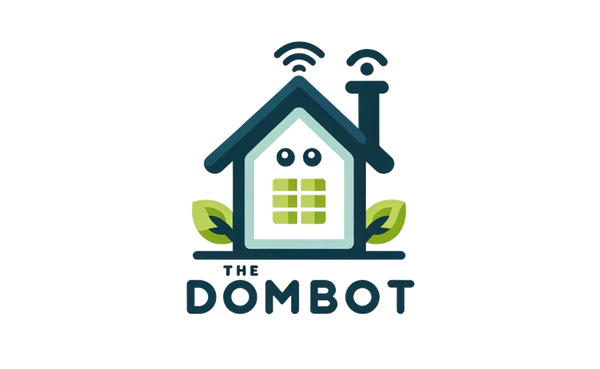Collection: Raspberry Pi & Home Assistant: Build Your Smart Home
Raspberry Pi: The Tiny Computer That Runs Your Smart Home (And Maybe Your Life?)
Hey there, smart home enthusiasts! Today, we're diving into the world of Raspberry Pi and its role in the glorious realm of Home Assistant. Now, I know what you're thinking: "Raspberry Pi? Isn't that just a tiny computer for kids who want to learn coding?" Well, my friends, you're not entirely wrong. But, it's also the secret weapon that can turn your home into a tech-savvy wonderland.
The Raspberry Pi: A Tiny Computer with Big Dreams
Think of the Raspberry Pi as the Swiss Army Knife of home automation. It's a small, affordable computer that can be used for a wide range of tasks, including running Home Assistant. And let me tell you, Home Assistant is like the conductor of your smart home orchestra, orchestrating all your devices in perfect harmony.
But before we get too carried away with the symphony of smart home bliss, let's talk about the hardware itself. The Raspberry Pi comes in various models, each with its own set of specs and capabilities. For Home Assistant, the Raspberry Pi 4 is a popular choice, offering a decent amount of processing power and memory. But if you're feeling adventurous, you can even try the Raspberry Pi 5, which boasts even more power and features.
Home Assistant: The Brains Behind Your Smart Home
Now, let's talk about the real star of the show: Home Assistant. This open-source software is like the ultimate control center for your smart home. It allows you to connect and manage all your devices, from lights and thermostats to security cameras and even your coffee maker (because who doesn't want a robot barista?).
Home Assistant is incredibly customizable, allowing you to create automations, set up routines, and even build your own custom dashboards. It's like having a personal assistant who knows your every whim and desire (except for that craving for a midnight snack, that one's on you).
Why Choose a Raspberry Pi for Home Assistant?
You might be wondering, "Why bother with a Raspberry Pi when I can just use a cloud-based service?" Well, here's the thing: a Raspberry Pi gives you complete control over your data and privacy. It's like having your own personal server, running your smart home the way you want it, without relying on third-party services.
Plus, it's a fun project! Setting up a Raspberry Pi and Home Assistant is a rewarding experience, especially if you're a tech enthusiast. It's like building your own little robot empire, one line of code at a time.
The Pros and Cons of Using a Raspberry Pi for Home Assistant
Pros:
- Cost-effective: Raspberry Pi is relatively inexpensive compared to other home automation solutions.
- Open-source: Home Assistant is open-source, meaning you have access to the code and can customize it to your heart's content.
- Privacy: Your data stays on your local network, giving you more control over your privacy.
- Flexibility: You can connect a wide range of devices and create custom automations.
Cons:
- Technical knowledge required: Setting up and configuring Home Assistant requires some technical knowledge.
- Potential for downtime: If your Raspberry Pi goes down, your smart home might be affected.
- Limited processing power: Raspberry Pi has limited processing power compared to a dedicated server.
Getting Started with Home Assistant on a Raspberry Pi
Ready to embark on your smart home journey? Here's a quick guide to get you started:
- Get a Raspberry Pi: Choose the model that best suits your needs. The Raspberry Pi 4 is a good starting point.
- Install Home Assistant: Follow the official Home Assistant installation guide for Raspberry Pi: https://www.home-assistant.io/installation/raspberrypi/
- Connect your devices: Add your smart home devices to Home Assistant. You can find integration instructions for various devices on the Home Assistant website.
- Create automations: Start automating your home with simple tasks like turning on lights at sunset or adjusting the thermostat based on the weather.
- Explore the possibilities: Home Assistant is a powerful platform, so don't be afraid to experiment and create your own custom solutions.
Conclusion: The Raspberry Pi and Home Assistant: A Match Made in Tech Heaven
So, there you have it! The Raspberry Pi and Home Assistant are a dynamic duo that can transform your home into a smart, connected haven. It's a fun, rewarding, and surprisingly affordable way to take control of your home automation.
Now, go forth and unleash your inner tech wizard! And remember, if you ever need help, there's a whole community of Home Assistant enthusiasts out there ready to lend a hand (or a line of code). Happy automating!
